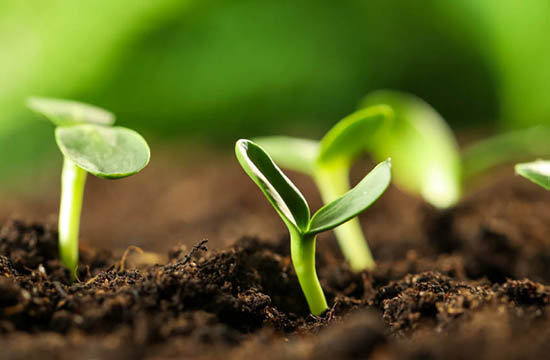
By: Marissa Mann
From the beginning of time, women’s societal standards and rights have evolved, but none the less, have come from strong, courageous, and bold women. “Women weren’t created to do everything a man can do. We were created to do everything a man can’t”. – unknown.
March was designated as Women’s History Month in 1987, by congress; but it’s roots in celebrating and advocating for women occurred long before that. In 1909, Women’s Day was created and celebrated by a group of suffragists in Manhattan. At this time, it was celebrated on the last Sunday in February, as an honorary remembrance of a strike lead by the ‘International Ladies Garment Workers’ Union.”
‘Women’s Day’ as a holiday was not widely recognized or celebrated, until the United Nations recognized it, in 1970. In March of 1980, President Jimmy Carter declared a celebration of Women’s Week’, starting on March 8th. Only a short 7 years later, congress would designate the entire month of March as ‘Women’s History Month’.
Through the years, women have paved the way for future generations and have had long impacting effects in society, education, history, and science. Looking specifically at agriculture, women’s efforts have played key roles in the development of food production.
Dubbed as an ‘agricultural pioneer, Harriet Williams Russell Strong, (USA 1844-1926), developed new water conservation methods and dry land irrigation water supply for her walnut, olive, and pomegranate crops. Later in life, she became the leading commercial grower of walnuts.
Dr. Maria Andrade (Cape Verde, 1958 – present), is another example of women changing and advancing the agricultural industry. Through her research, Maria developed nine drought tolerant varieties of sweet potatoes that could more easily survive in the climate of Mozambique. These varieties were also developed to have an increased amount of Vitamin A, to combat the deficiencies that were plaguing the people of the area.
Today, women represent 31% of farmers in the United States and growing. What started with a few independent and courageous women has now turned into countless of opportunities and a large stake of revenue impacting the agricultural industry today ($12.9B).
Even I, when considering a career in agriculture, was intimidated by the rarity of being a female in agriculture. I remember sitting in my college agronomy courses, being one of three women, in classroom of forty – plus men. Early in my career, my biggest piece of advice came from one of the farmers I worked closely with. He said, “You don’t have to be like the men to succeed. You bring value in being who you are.”
In my ten years of actively working in the industry, it brings a smile to my face to see so many more women working and being involved in agriculture, whether this is through their family farm/ranch, as an agronomist, a manufacturing representative, or in a conservation office. I look forward to mentoring future women leaders and watching the impacts women will have not only in agriculture, but in science, history, education, and more.


